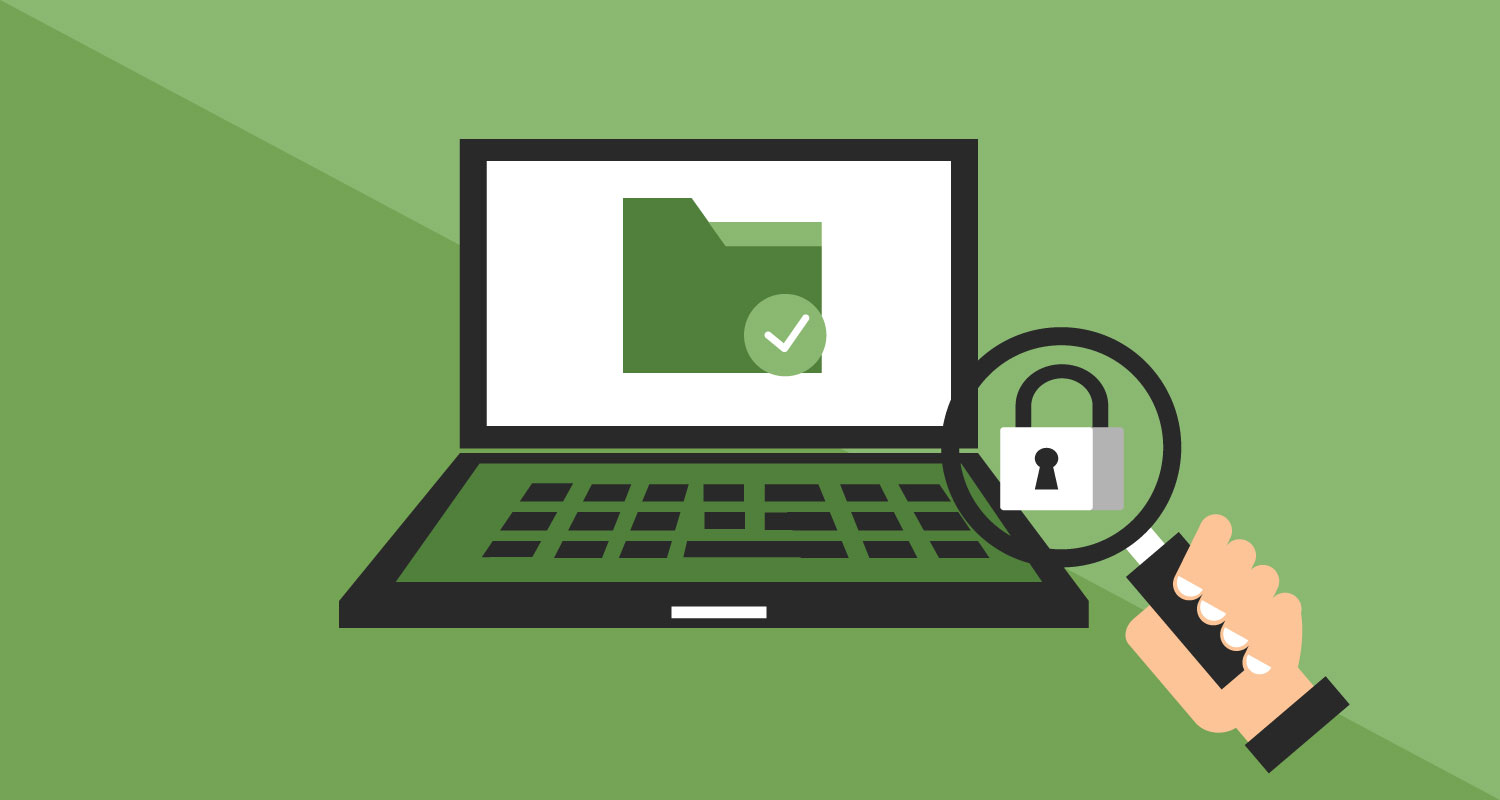I can’t tell you how many times I’ve read sob stories on Facebook and Twitter from people who are sitting next to a computer that recently crashed. “Help! Does anyone know how to get my data off of a dead hard drive?” Luckily, in most cases the data can be salvaged. However, it can be quite expensive and there is no guarantee that it will work. Unless you have the tools of NSA hackers, sometimes data is lost for good.
With the low cost of hard drives and the low time commitment needed to set and forget both onsite and offsite backups, there is no excuse for not backing up your data. Whether it is a business computer or a personal computer at home, follow this guide to better understand why you need to run backups and how to do them as easily and cheaply as possible.
Table of Contents
ToggleAccidents happen
In the case of backups, I really do hate saying “I told you so.” But regardless of the advice from friends, family, and tech experts, millions of people go without any type of backup. I know that I don’t want to risk my entire business, which relies on my laptop, or anything else I have running as part of my digital life.
Accidents can happen. Hard drives fail. Homes flood. Neighbors leave candles burning in the bathroom, light the towel on fire, and leave you coming home to a pile of ash. Modems spontaneously ignite. Odds are you will never experience any of these events, but someone will. If you are that someone, you want to rest easily knowing that while your computer may be gone, it’s contents are safely stored somewhere you have easy access.
Create onsite and offsite backups for continuity and security
If you rely on your computer for work or anything important, like family photos, you should have both an onsite and offsite backup. Your onsite backup protects you from device failure, water damage, and other small scale disasters. Offsite backups protect you from fire, flood, tornado, and other physical damage to the property. Even fire safes get hot. And when hard drives get too hot, they melt.
Running an onsite backup is simple and easy. In fact, many external hard drives sold today come with backup software preinstalled so you can start running backups without much extra work. Offsite backups are easy as well. You can download an app that will handle everything for you for a fee. There are many options to choose from, and a quick web search will give you the top results.
How I schedule and run my own backups
One might look at my backups and call me paranoid, but having lost no more than a few files over the years, what I do works. I implement a multi-layer backup for my primary laptop and have additional cloud backups of my most vital files.
My primary laptop is a 2015 Macbook Pro with a 500GB hard drive. This computer is at the core of my business and I use it up to 12 hours every day. I almost lost a laptop once to a cup of tea (not my tea), but was saved by a backup on an external hard drive. Now that I’ve almost lost data once, I run three full backups.
Backup one is on an external 1TB hard drive. I carry this small drive in my regular work bag that goes with me on trips, to coffee shop, and anywhere else I’m working. The drive matches my computer’s grey color and is lightweight and super fast. I picked up my current drive from Amazon for about $60. Using the built in Time Machine feature from Apple, the drive keeps extra versions of my deleted files until the entire 1TB is filled and keeps smart backups that contain as many snapshots of my computer as possible.
CrashPlan
Backup two goes offsite with CrashPlan. CrashPlan is a free software for both Windows and Mac computers that you can use to backup to external hard drives or remote computers. For an annual fee, you can backup to the CrashPlan cloud, called CrashPlan Central. I’m on my second year using CrashPlan and pay $60 per year, or $5 per month, for my subscription.
I’m a big computer nerd and built a home media center with an Intel NUC, and send my third backup to this PC, which has 1TB of hard drive space. My wife’s computer and brother-in-law’s business computer also backup to this PC using the free CrashPlan software.
My most important work files are saved in Dropbox and Google Drive folders, so those are also backed up. This gives me extreme file backup security and the ability to quickly jump on any new computer and get to work after entering a few passwords.
Don’t delay, backup today!
What would you do if your laptop were stolen? What happens if your hard drive stops spinning or you get a horrible computer virus ? In many cases, data loss. But you don’t have to be the next social media sob story. You can act today to ensure your data is safely backed up. A few hours and a hundred bucks today can save you countless hours and dollars in the future. Run your backup today.













